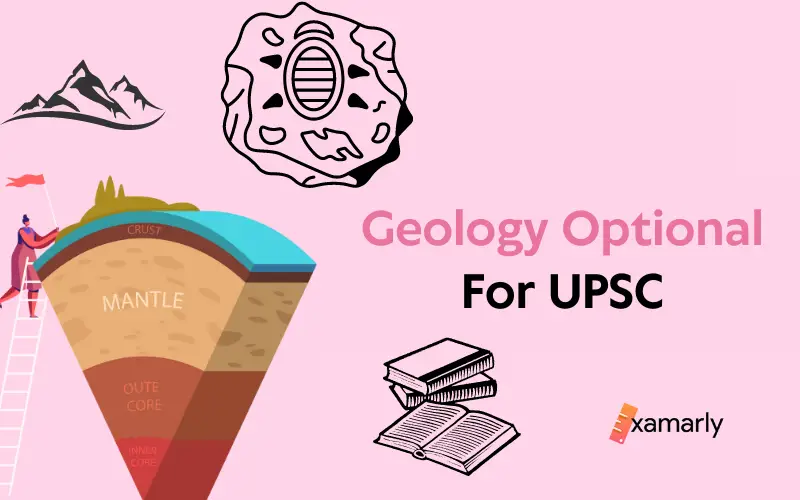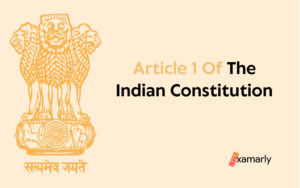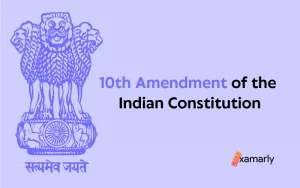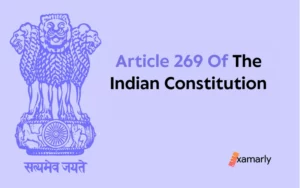Geology optional for UPSC has been in the picture for a very long time but do a lot of people know about it? Even if they do not, we will enlighten them in this article. We will see whether or not one should opt for Geology optional for UPSC. What are its pros and cons and how should one approach the subject.
It takes a lot of study time and conceptual clarity to master this specialist subject. The earth sciences include geology, so one should make sure they are sufficiently knowledgeable about the subject before the test.
Geology is an objective discipline with a strong scientific focus. The solutions are specific and not up to the reader’s interpretation. This is something that makes Geology a scoring subject. It is an easy topic that is simple to understand.
Advantages Of Geology Optional For UPSC
The advantages of Geology optional for UPSC are mentioned below:
- The comparatively condensed syllabus of geology as a subject for the UPSC is one of its key benefits.
- As the subject consists of the history and formation of the world, the questions are frequently simple and don’t take much thought or extra work.
- Unlike other science courses, geology questions can readily be addressed using illustrations and do not require extensive memory.
- The topics have been clearly specified, so one can prepare by studying question papers from prior years.
- Geology is not just a branch of study, but it also includes an economic component. Geological resources are essential to our daily life. The majority of nations rely on precious metals to power their economy. It has become an integral part of modern society.
Comparison/Similarity with other Optional Papers
Geology Optional For UPSC has a similar syllabus as that of the General Studies Paper. Many topics in geology are linked with physical geography which features in the General Studies Paper I.
Help With Essay paper
- Geology is a relatively easier optional subject if you’ve studied science till class X. It doesn’t require as much knowledge of mathematics and physics as other science subjects do. It also involves some basic chemistry.
- It’s also a relatively uncompetitive subject. Fortunately, you can find plenty of online material for it. You can even look up professors from foreign universities for help. There’s comparatively little competition in the optional, so getting proper guidance is important.
- If a person wants to score well in this subject, they need to make sure that they go through the previous year’s question papers. These will give you an idea of what to expect in the essay paper. While studying for a subject like Geology, you’ll probably encounter questions that are repeated a lot. So, practicing past year’s questions are of great help.
- Geology is a very technical subject that requires a lot of study and revision. You need to have a clear understanding of the subject’s concepts and terminology.
- You’ll also need to read standard books on the subject. It’s also helpful to take notes on every topic. You’ll need to make frequent revisions to ensure that you have covered all the material.
See Also – Zoology Optional Syllabus For UPSC
Help In Interview
- Geology is a very technical field of study. The curriculum is extensive and covers a wide range of topics, including geomorphology, paleontology, geotectonic, and mineralogy. Ores, mining, and maritime legislation are also included. Understanding groundwater and creating topography are two other applications of geology.
- Although geology is not a well-known subject, it performs well in UPSC exams. Geology is a subject to think about choosing if you’re seeking one that will earn you great marks. If you’re submitting applications for both the civil service and the forest service, it’s also a great choice. Studying geology will increase one’s chances of passing both the civil services exam and the IAS interview.
- Even though geology is a challenging subject, it’s one of the finest ways to get ready for an interview. If you’re going to enroll, pick a topic you excel at. You’ll get about 500 out of a potential 2025 mark in UPSC. Making sure you choose the right subject for you is vital because it accounts for around 25% of your final grade. If you’re clever, you can pick a subject that will allow you to get the best grades without losing any points.
Disadvantages Of Geology Optional For UPSC
Choosing geology as an optional subject for UPSC can be a difficult decision. The reasons for the same are as follows:
- For this topic, there isn’t much coaching accessible. One will primarily need to rely on independent research.
- Contrary to some of the other more common topics, guidance can also be difficult to find.
- Contrary to some of the other more common topics, guidance can also be difficult to find.
Standard References
After discussing this much, it’s time to look into practice materials and other useful references.
- A person needs a reliable study plan if they wish to ace the UPSC Geology exam. It is crucial to concentrate on NCERT textbooks and common reference materials when studying for the exam. While conventional geology books offer advanced material, NCERT textbooks offer fundamental knowledge.
- A significant portion of the UPSC topographical prospectus will be covered in the geology textbooks for levels VI through XII. The book is merely one resource, though. You can also practice answering questions by studying the UPSC syllabus and sample tests.
- Except as a field of academic specialization, the fundamental concepts of geology are challenging to learn. On the other hand, section B’s subjects are more all-encompassing and simpler to understand. These include topography design, ore genesis, petrology, geomorphology, geotectonic, geomorphology of energies, and geomorphology.
You Might Also Like – Geology Optional For UPSC | Geology Syllabus, Booklist & Preparation Strategy
FAQs
Is geology a good option for UPSC?
Go for the Geology optional in the IAS test if you studied geology as your degree subject and you have solid knowledge and interest in it. It receives great marks as a subject. It is a scientific and technical discipline, in contrast to the majority of humanities courses.
How long does it take to complete geology optional?
A person can complete the program in two months. Learning becomes somewhat simpler when diagrams are used as a guide.






